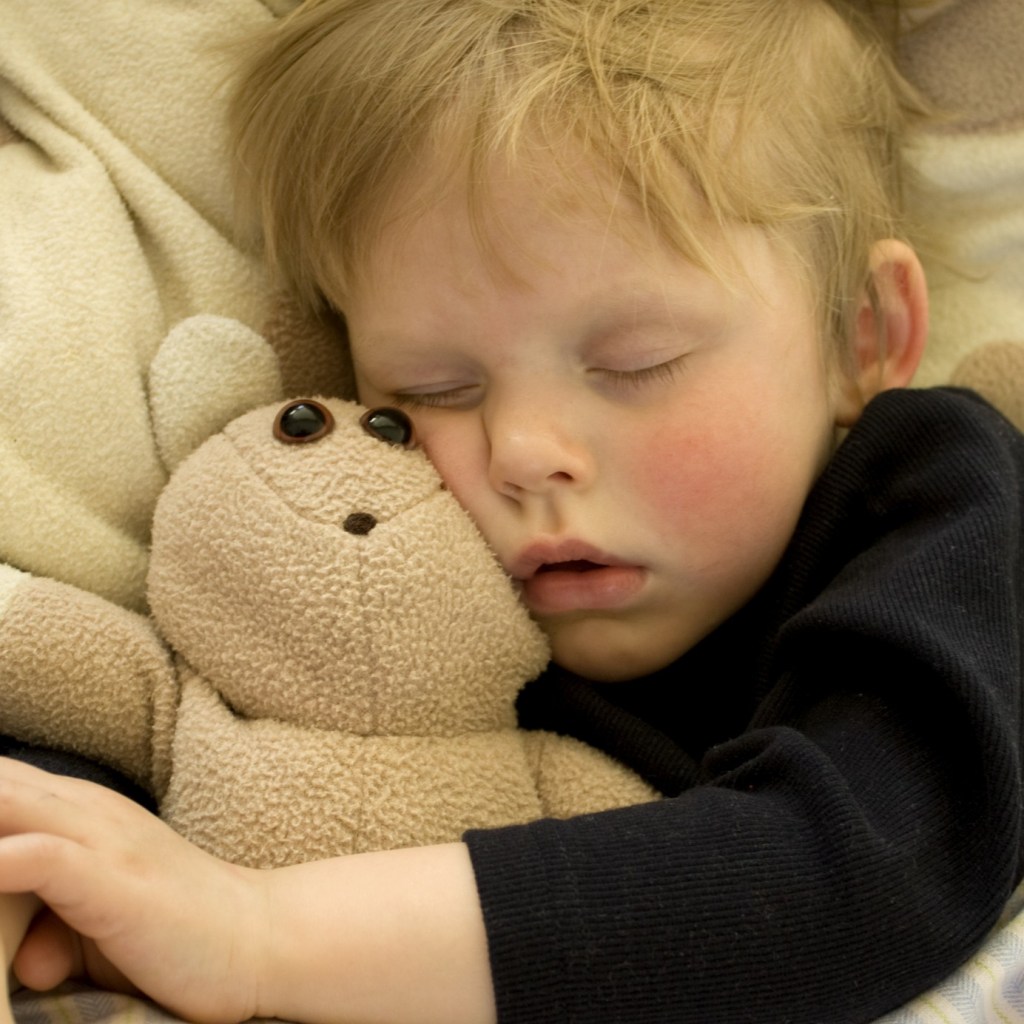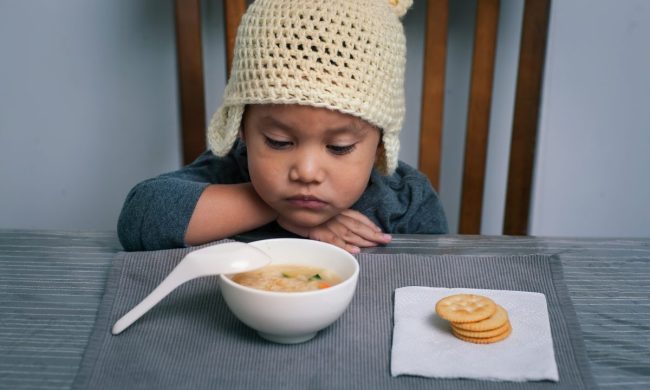You may be used to your child taking one, maybe two, naps. As school looms for many children, however, these naps could become a thing of the past. Should you maintain this schedule throughout preschool, or is it time to drop your child’s naptime routine?
For kids nap time, the answer is a bit more complicated than a yes or a no. Children at this age have different needs, and the short answer is that every child is different. Some children will need an afternoon nap up to school age, and some children will drop it much earlier. Here’s how to determine which camp your child falls into.

Why sleep matters for your preschooler
A lot happens when children nap. Sleep is a crucial part of a child’s growth, allowing the body to slow down and repair, grow quickly, and process all the new stimuli of the day. Your preschooler is still developing and learning quite a bit, even at their age.
Sleep also helps children stay healthier, slowing frustration down, and making better decisions. Like their adult counterparts, children often choose to eat more when tired because they’re looking for the quick energy food provides.
Sleep can also help children stay in better moods. Children tend to be less frustrated and more able to handle sudden changes during the day than when they’re not tired. And as any parent has probably already found out, mood swings and tantrums could lessen with better quality sleep.
Should preschoolers nap?
After the age of 2, many children drop the afternoon nap, as well. Although preschoolers will still need 11 to 13 hours of sleep per day, this doesn’t always have to happen through a nap. It’s much more important at this stage to focus on getting a solid night’s sleep than it is to keep pushing naps for preschoolers.
If your preschooler is still falling asleep in the afternoon, there could be several things at play. Bedtime may be happening too late with an early wakeup time for children going to day care every day. Your child may be more energetic than their peers and require sleep closer to the 13-hour range than 11 hours.
If your child seems to be staying up later and later on the days that naps happen, it could be time to nix them for good. Push bedtime just a little bit earlier until you find that magic spot between 11 and 13 hours.
If your child doesn’t seem to thrive without resting in the afternoon, a nap is still appropriate. Try to ensure that the time doesn’t eat into bedtime, however. It could also be an excellent time to introduce “restful time” or quiet time — a time when sleep doesn’t have to happen, but children can recharge by doing quiet activities like reading.
Getting better naps for your preschooler
It’s crucial to keep naps short at your child’s age. Unless there’s a reason to sleep longer, such as an illness, naps should range from half an hour to an hour. It’s just enough time to recharge but not so much time that your child isn’t able to sleep at night.
If you’re still doing naps or have decided to take quiet time, a routine is vital to ensuring it all goes smoothly. Turn off screens at least an hour before and follow the same ritual each time to begin the sleep or slowdown cues.
When to ditch the naps
Your child will start to give you signs when the nap is no longer necessary. If you suspect that a nap is on its way out, look for these signs:
• Fights naps more than usual — Your child may not love taking naps, but if it seems to be more of a hassle than ever before, this could be a good sign to drop them.
• Mood remains stable without one — If you skip a nap in the afternoon and don’t notice a change in behavior, this could also be a good sign that your child is getting plenty of sleep at night.
• Bedtime takes longer — Many children don’t like bedtime, but if it’s been particularly difficult for your child to fall and stay asleep, the nap could be interfering with nighttime sleep.
• It’s not difficult for your child to wake up in the morning — This is a good indication that your child is getting all the proper sleep. Waking up without having to be dragged out of bed is a sign that your child is getting the appropriate amount without a nap.
If your child still falls asleep easily at nap time and for bedtime, a nap may still be an appropriate part of your preschooler’s schedule. This time of life will depend a lot on your individual child.

Helping your preschooler with sleep
The most important thing to remember is your preschooler needs quality sleep. Whether it’s only at night or with a supplemental nap, your preschooler needs at least 11 to 13 hours of sleep per night. Make sure that your child is hitting that range with 10 to 12 hours happening in one stretch at night.
Give your preschooler the best chance at having a good day with the right sleep. Watch carefully to ensure that nap time isn’t interfering with sleep at night and help make each day a good one.


